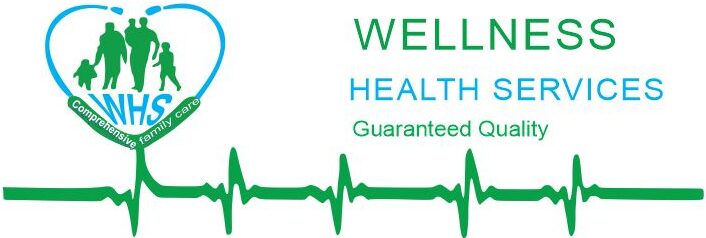Written by Dr. Joshua Nderitu
Wellness Health Services | www.wellnesshealthservices.co.ke
“Cancer isn’t just one disease. It’s a journey—and knowing the stage is the compass that helps guide treatment and hope.”
💡 Why Cancer Staging Could Save Your Life
At Wellness Health Services, we believe knowledge is a powerful weapon—especially in the fight against cancer.
One of the first questions asked after a diagnosis is:
“What stage is it?”
This isn’t just a clinical term—it determines how far the cancer has spread, what treatments are most effective, and what outcomes we can expect.
Whether you’re a patient, a caregiver, or simply proactive about your health, understanding cancer staging can save lives.
🔍 What Does “Cancer Stage” Really Mean?
Doctors use a global classification system known as TNM:
- T (Tumor): Size and extent of the main tumor
- N (Nodes): Spread to nearby lymph nodes
- M (Metastasis): Spread to distant organs
These three letters help define the stage of cancer, which ranges from Stage 0 (early) to Stage IV (advanced and spread).
🧭 The 5 Stages of Cancer Explained
🔹 Stage 0 – The Silent Beginning
Also known as carcinoma in situ, this is the earliest form. Cancer cells are present but haven’t invaded nearby tissues.
✅ Often 100% curable if caught early
🩺 Typically detected during screening tests like pap smears, mammograms, and colonoscopies.
“Stage 0 is like catching a fire while it’s still a spark.”
🔹 Stage I – Localized Cancer
Cancer is still small and confined to one area.
✅ Excellent prognosis with surgery or localized treatment.
🔹 Stages II & III – Regional Spread
Cancer is growing and may involve nearby lymph nodes.
🧠 Often requires more intensive treatment—surgery, chemotherapy, or radiotherapy.
🚨 Early detection here can still lead to long-term survival.
🔹 Stage IV – Distant Metastasis
Cancer has spread to other parts of the body (e.g., liver, lungs, bones).
⚠️ Although advanced, many cases can still be managed with targeted therapies and palliative care.
💪 With proper support, patients often live longer, meaningful lives.
🔬 Why Staging is a Game Changer
Understanding your stage helps:
- 🎯 Guide the treatment plan
- 📊 Predict outcomes and survival
- 💬 Facilitate clear communication among healthcare providers
- 🧘🏽 Empower patients and families with realistic expectations
👨⚕️ Staging Varies Across Cancer Types
Every type of cancer has unique characteristics that influence how it’s staged:
- Breast cancer includes hormone receptor status and HER2 markers
- Prostate cancer may be slow-growing, yet can still spread to bones
- Melanoma is staged based on skin depth invasion and lymph node involvement
At Wellness Health Services, we use staging to guide personalized care for each patient.
📣 What You Should Do Today
✅ Get screened regularly (especially if over 40)
✅ Know your family history
✅ Stay active, eat healthy, and avoid smoking
✅ Book regular follow-ups—even when you feel fine
✅ Learn the signs: unexplained weight loss, fatigue, lumps, bleeding
✨ Our Commitment to You
As your health partner, Wellness Health Services is here for you—from prevention to diagnosis, and every step in between. Whether you’re concerned about symptoms or just due for a check-up, we offer compassionate, expert care.
📞 Call us today or book your cancer screening or virtual consultation at
👉 www.wellnesshealthservices.co.ke
📚 References
- National Cancer Institute – Cancer Staging
- Cleveland Clinic – Understanding Staging
- Cancer Research UK – Stages of Cancer
- Verywell Health – Breast Cancer Staging
- Health.com – Prostate Cancer Stages
- YouTube – Cancer Staging in 2 Minutes
✍🏽 Written by Dr. Joshua Nderitu
Director, Wellness Health Services
Family Physician | Public Health | Oncology | Digital Health Educator
📍 Nairobi | wellnesshealthservices.co.ke

